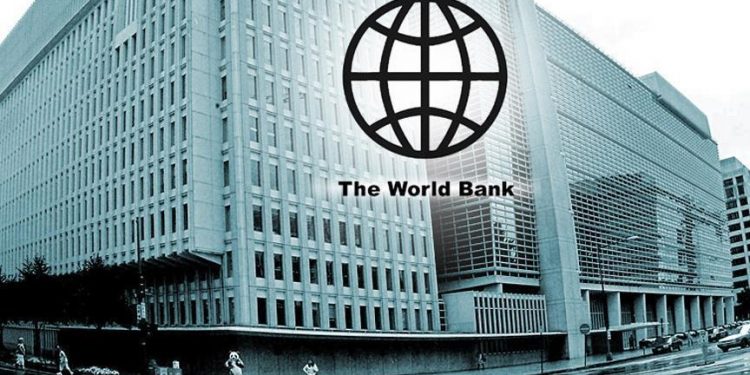World Bank denies providing guarantees for IPPs during Ghana’s energy crisis
The World Bank has denied reports seeking to suggest that it provided guarantees or some form of financing to Independent Power Producers (IPPs) that signed Power Purchase Agreements (PPAs) with the Electricity Company of Ghana (ECG) and government during the country’s energy crisis from 2014 to 2016.
The World Bank debunking such reports in a release, noted it rather provided financing and guarantee to the Sankofa Gas Project under the Energy Sector Recovery Plan (ESRP), with the aim of increasing the country’s availability of natural gas for power generation by leveraging private capital investment and promoting a cleaner energy mix.
Read More:
A goal which is progressively being achieved given that, the Sankofa Gas Project since 2019, has increased Ghana’s availability of natural gas for power generation.
The Bretton Wood institution further notes that, it supported government’s ESRP with the provision of financing and guarantee in order to secure Ghana’s energy future through the provision of affordable and reliable electricity supply as well as enhancing accountability in the sector.
The ESRP mandates the rationalization of gas and power purchase costs in line with the demand and approves the procurement of energy supply and service contracts in a competitive manner.
The implementation of the policy is essential to ensure that new power generation capacity is procured competitively and transparently based on the most cost-effective basis.

Government during the peak of the energy sector crisis (Dumsor) and in a bid to mitigate the crisis which nearly crippled the economy signed Power Purchase Agreements with quite a number of Independent Power Producers.
The PPAs were signed on a Take-or-Pay basis, meaning government would still pay for the excess power generated whether it uses it or not.
Currently, these agreements are reported to be costing the country some $500 million annually, as the country’s peak electricity demand is a little over 2,700MW whereas total power generation is well above 4,000MW.

